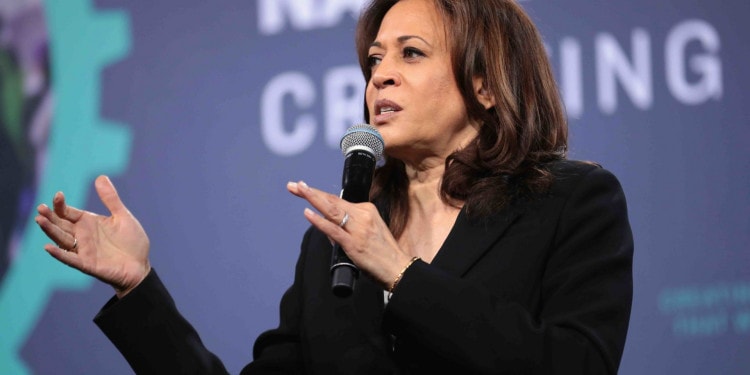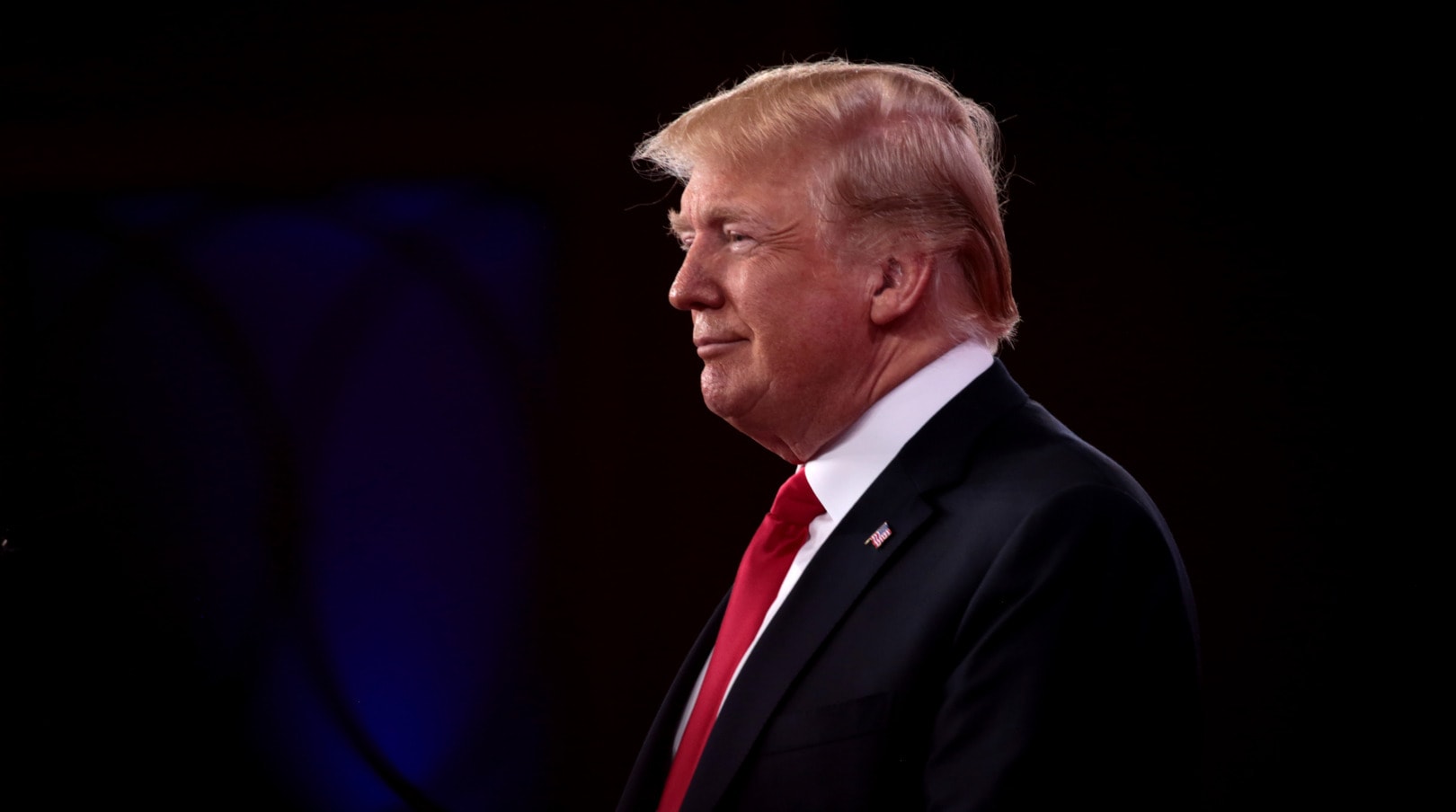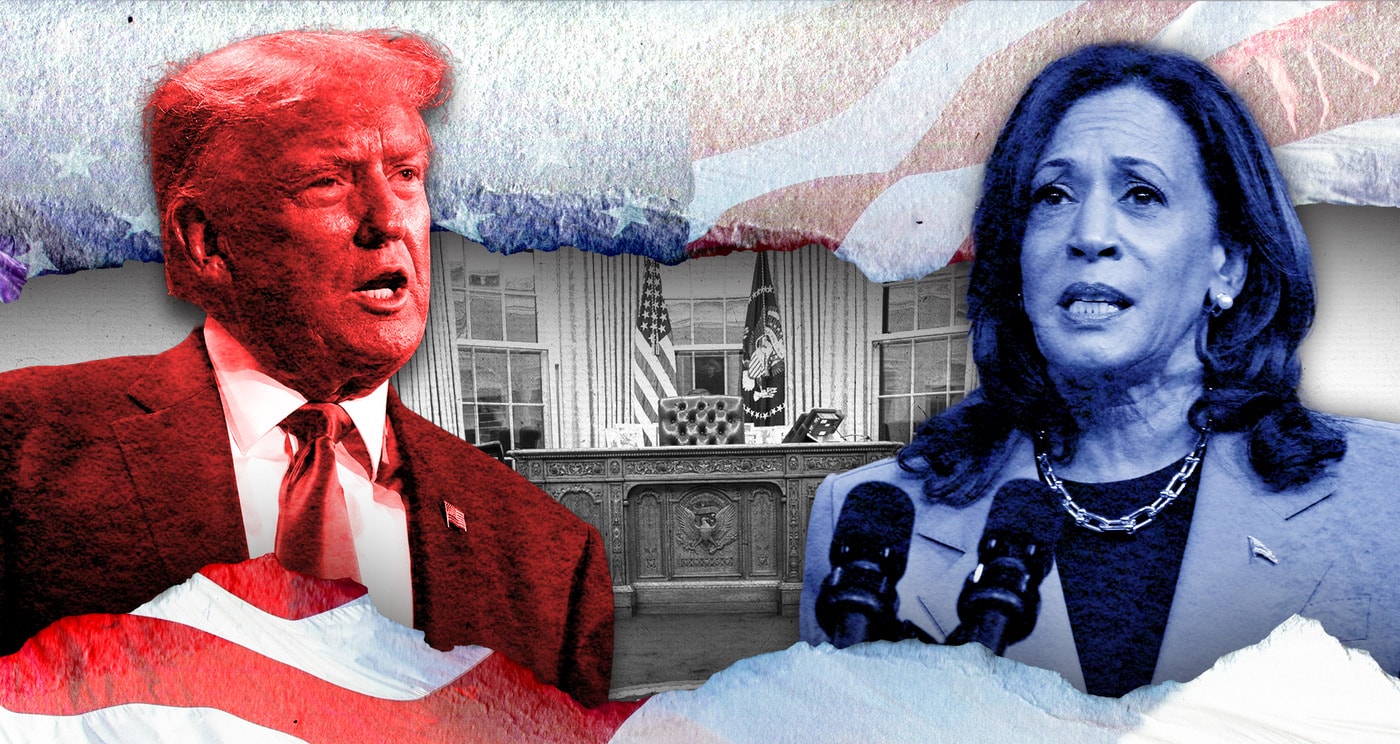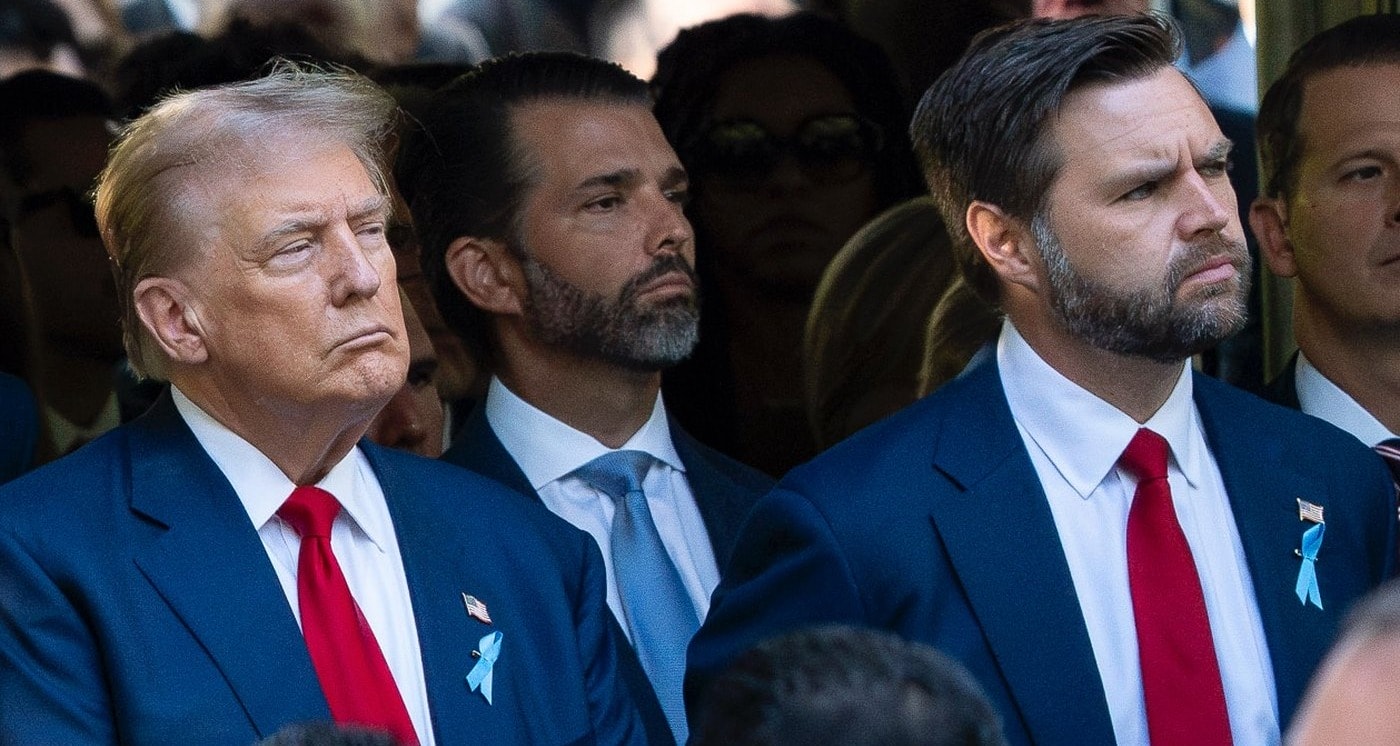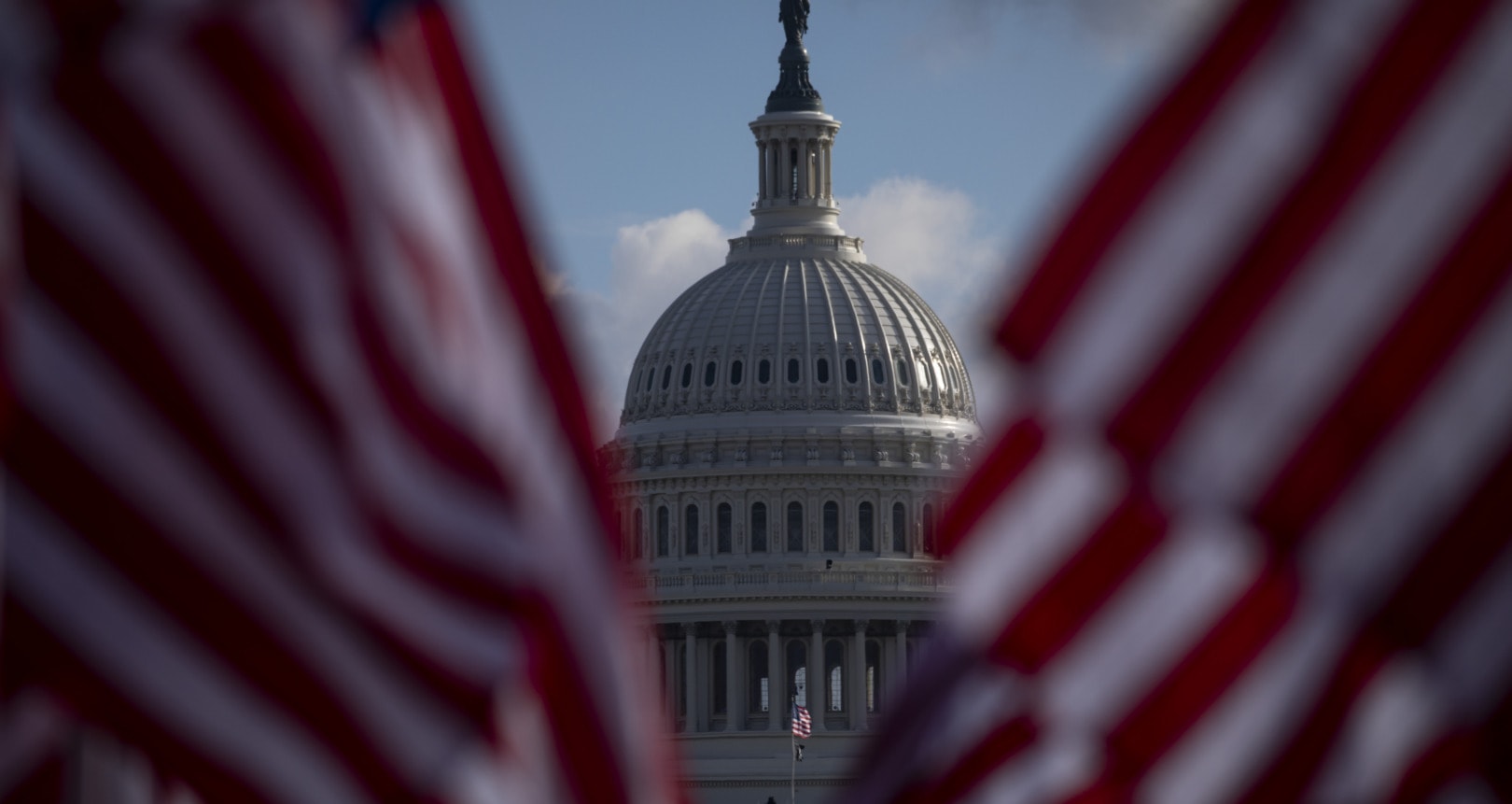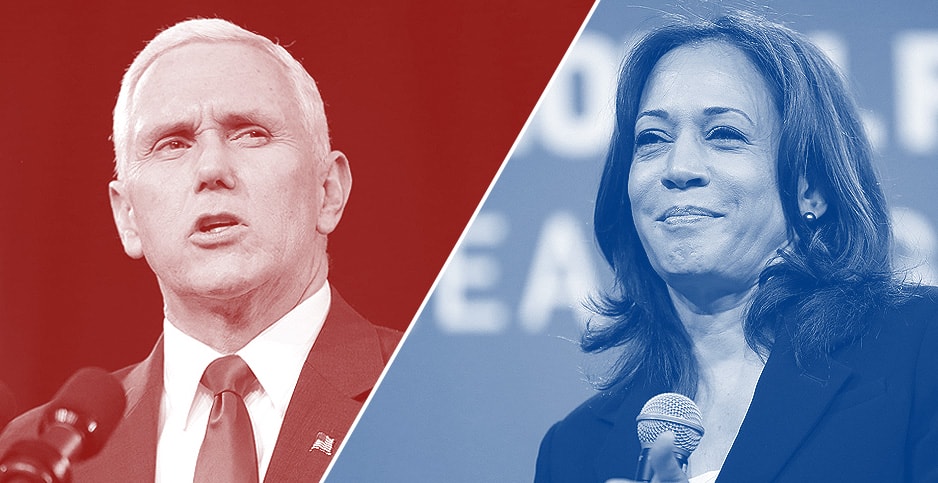As Joe Biden’s Vice President nominee, California senator Kamala Harris, with her Jamaican ancestry and Indian heritage, is the embodiment of black and brown America — the America that will become majority people of color in 2045. Her parents had been a part of the Civil Rights Movement. Raised around Berkeley and Oakland, Harris had learned the word freedom as a toddler, pronouncing it “feedom.” She was born into segregation and spoke at the Democratic debates in June about her personal experiences with busing in the 1970s. At Howard University, a historically Black college, Harris had been a sister at Alpha Kappa Alpha, a historically black sorority.
Much as Barack Obama’s election as President signified a racial turning point to many, Harris’s political ascension marks a crucial milestone for people of color in America.
Kamala Harris commented on the Black Lives Matter protests and the death of Breonna Taylor at Wednesday’s Vice Presidential debate, calling for “reform of policing in America and our criminal justice system.” Compared to Vice President Pence, who took a sympathetic stance on Taylor’s death while denying systemic racism, Harris’s comments pointed to a more supportive stance on the recent protests.
In the fight against racism, a politician who supports BLM could champion massive systemic change. What does Harris’s nomination and the Biden-Harris ticket mean for the BLM movement and the future of people of color in America?
As a candidate, Harris has repeatedly expressed her support for criminal law reform and the BLM movement. In an interview conducted during the NAACP’s national annual convention on Friday, Sept. 25, she said:
“Nothing that we have achieved that has been about progress, in particular around civil rights, has come without a fight, and so I always am going to interpret these protests as an essential component of evolution in our country — as an essential component or mark of a real democracy.”
During the Vice Presidential Debate, Senator Harris became emotional while discussing the deaths of Breonna Taylor and George Floyd, speaking of Taylor’s dream to become an EMT. “Her life was taken – unjustifiably, and tragically and violently,” she said.
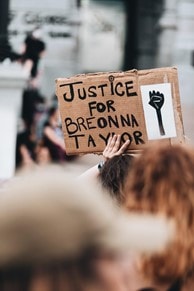
Harris spoke positively about the BLM protests as well. “People around our country of every age, of every color, of every gender stood shoulder to shoulder fighting for justice under the law,” she said. “Bad cops are bad for good cops. We need reform of our policing in America and our criminal justice system.”
Representing people of color on the Biden’s ballot of mostly white liberals and centrists, Senator Harris may bring a much-needed spirit of intersectionality into politics. However, many activists are still wary of Harris’s ability to push for progressive criminal law reform. In fact, Harris’s image as a self-proclaimed “progressive prosecutor” seems paradoxical considered in the broader context of her career as California’s attorney general and San Francisco’s district attorney.
In a New York Times op-ed published in 2019, law professor Lara Bazelon considers Harris’s role as San Francisco’s DA. From 2004 to 2011, there are numerous examples of Harris fighting “tooth and nail to uphold wrongful convictions that had been secured through official misconduct.” Despite worries that it would disproportionately harm low-income people of color, Harris was a known advocate of state legislation prosecuting the parents of children found to be habitually truant in elementary school.
Related Articles: Against “Add and Stir” on BLM | Resources Your Business can Use to Fight Racism | Black Women Matter: U.S. Court Systems
In 2014, when a federal judge in Orange County ruled the death penalty as unconstitutional, Harris appealed, issuing a public statement that the ruling “undermines important protections that our courts provide to defendants.” In 2015, Harris opposed a bill that would mandate investigations of shootings involving police officers. Though she has since then reversed her position in recent years, she also did not support the adoption of statewide standards to regulate the use of body cameras on police officers.
Harris’s ticket mate, former Vice President Joe Biden, is also not without his flaws.
Biden’s crucial role in the 1994 bill, which furthered mass incarceration in communities of color, is one instance in a long history of support for the war on drugs. In 1989, Biden, then a senator, criticized President George H.W. Bush for his plan to escalate the war on drugs, which he described as being not “tough enough, bold enough, or imaginative enough.” As head of the Senate Judiciary Committee, Biden proceeded to author a series of laws that increased incarceration and punitive measures for drug offenses, especially cocaine, which disproportionately affects communities of color. He has since then acknowledged his mistakes, saying: “I know we haven’t always gotten things right, but I’ve always tried.”

This mixed record does not sit well with activists, who remain hesitant to embrace a Biden-Harris ticket. “To many people in the activist community, she has done very little to assuage people’s concerns about her previous stances or demonstrate the level of growth that we would like to see,” said Briahna Joy Gray, former press secretary for Sen. Bernie Sanders’s presidential campaign.
Moreover, Harris and Biden’s “tough on crime” rhetoric is a relic of centrist democrats like Bill Clinton that appeals to “law and order” voters. It has become a liability to their campaign for younger voters and activists, who tend to advocate for criminal justice reform consisting of less stringent sentences and treatment programs for low-level offenders.
In recent years, Harris has evolved to embrace more progressive routes she previously had not, strongly emphasizing criminal justice reform and supporting the legalization of marijuana.
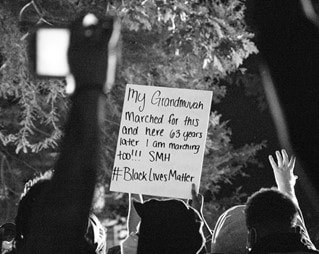
This has led many voters to think that a Biden-Harris ticket, while not ideal, may still be the best chance for BLM policy agendas and a thorough criminal justice overhaul. Professor Bazelon, who had previously criticized Harris, acknowledged the gravity of Harris’ nomination and possible election. “This could be a game-changer,” she said.
Editor’s Note: The opinions expressed here by Impakter.com columnists are their own, not those of Impakter.com. – In the Featured Photo: U.S. Senator Kamala Harris speaking with attendees at the 2019 National Forum on Wages and Working People hosted by the Center for the American Progress Action Fund and the SEIU at the Enclave in Las Vegas, Nevada. Featured Photo Credit: Wikimedia Commons / Gage Skidmore


